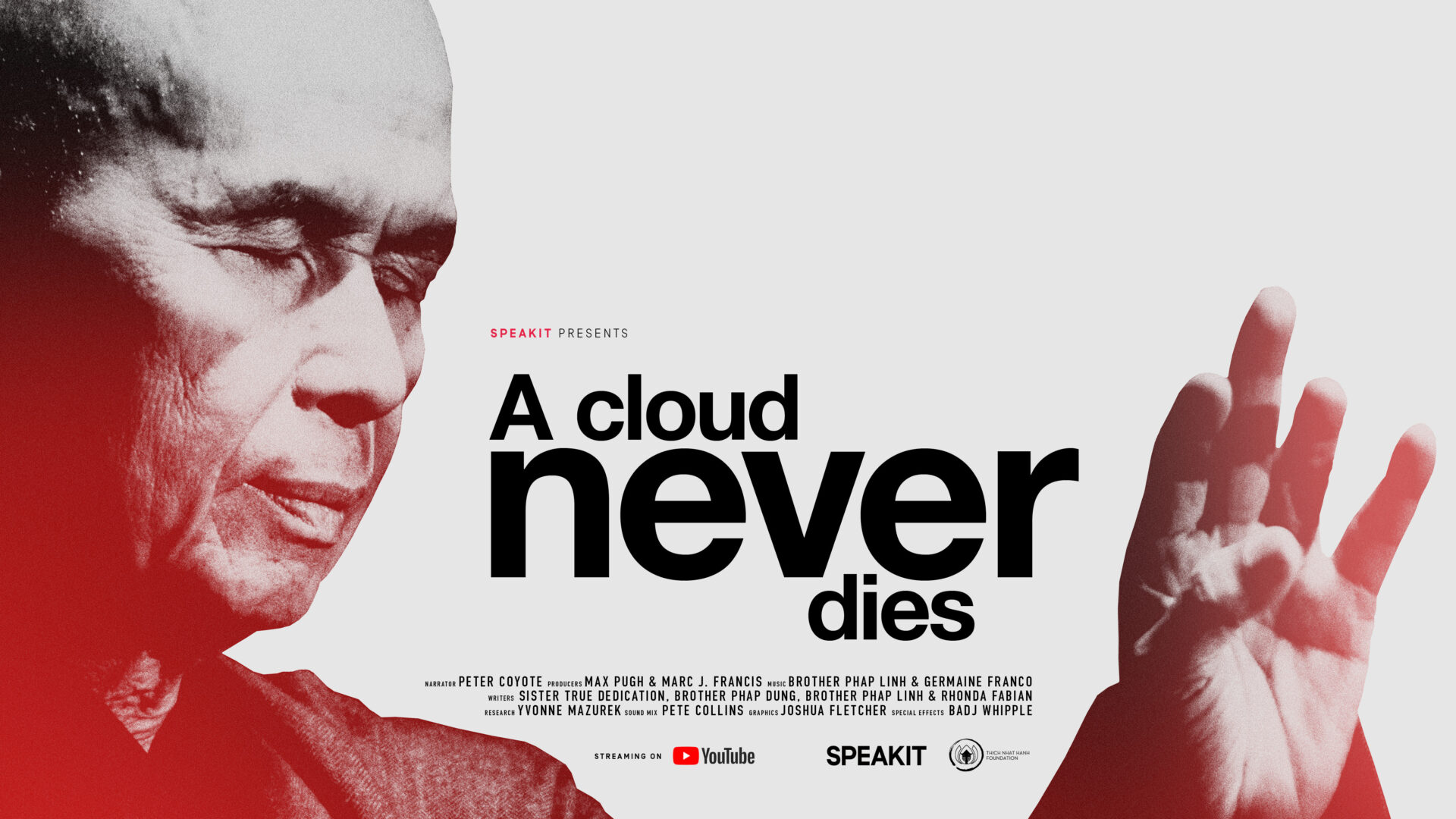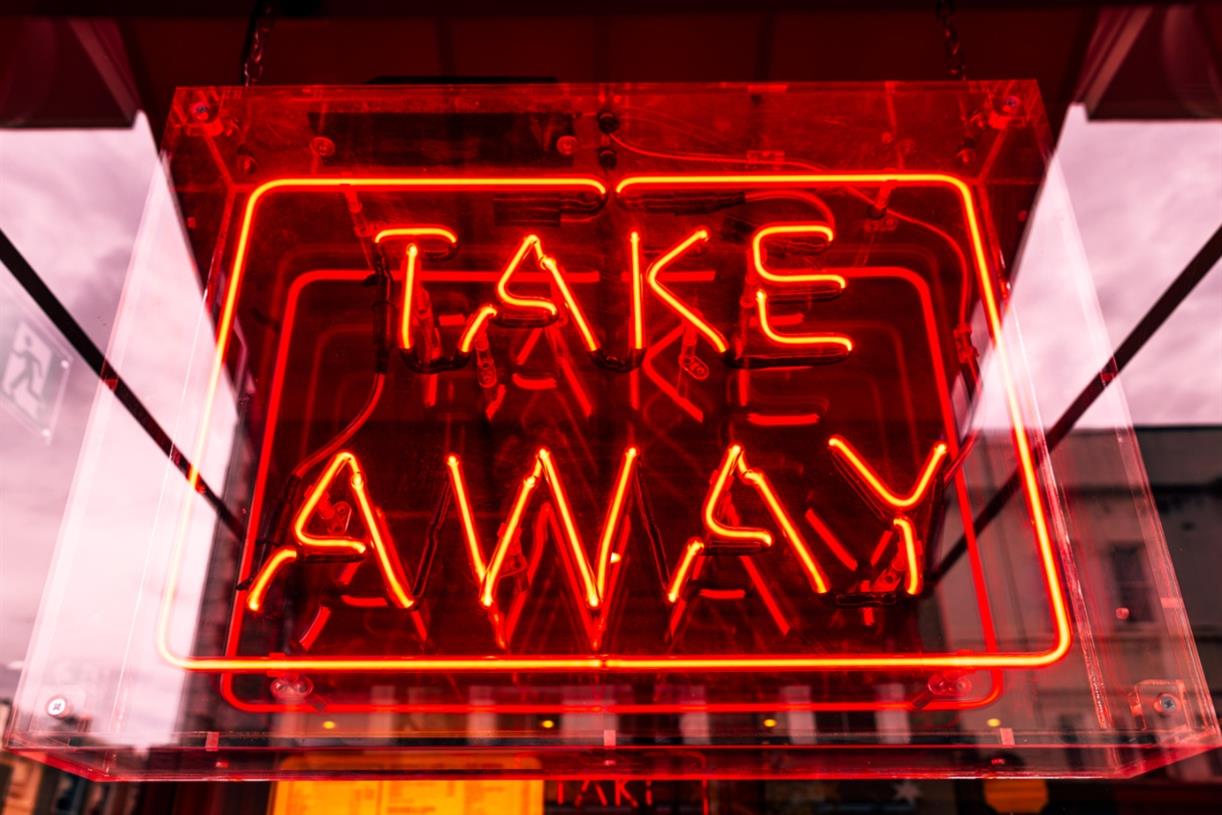Mindfulness in the Office
Andrew Olendzki explains how a challenging—even overwhelming—job can be an ideal practice ground for insight meditation. The post Mindfulness in the Office appeared first on Tricycle: The Buddhist Review.

Each month, Tricycle features articles from the Inquiring Mind archive. Inquiring Mind, a Buddhist journal that was in print from 1984 to 2015, has a growing number of articles from its back issues available at www.inquiringmind.com (help Inquiring Mind complete its archive by donating here). Today’s selection is from the Spring 1995 issue, Self/No Self.
Meditation is something you do on a cushion, right? Okay, maybe at a retreat center like the Insight Meditation Society you also do it walking slowly back and forth, and maybe even while standing, lying down, and eating. But at work? Work is what you come back to (usually quite reluctantly) after you have been on retreat, right? Or, maybe it is possible to meditate doing some kinds of work, like chopping wood or carrying water. The slow, steady repetition of simple manual tasks might be a fruitful field of practice. But a fast-paced, high-powered, high-stress professional job? Couldn’t be. How can a busy executive or office worker practice meditation without leaving the office or even holding all calls? There is, I submit, a simple answer: By doing Vipassana.
When most people think of meditation, they probably think of someone sitting serenely on a cushion in some pristine setting—beside a brook, in a Zen garden, or at a retreat center. Everything is calm and still; a half-smile on one’s face hints at the bliss one feels while breathing in and savoring the serenity. This is indeed an ideal setting for samatha or concentration meditation, but Vipassana, or insight meditation, is something different. Insight meditation is about mindfulness, whether or not it is accompanied by deep concentration.
Is it possible to perform at high speed in complex situations with mindfulness? I think it is. A challenging—even overwhelming—job can be an ideal practice ground for insight meditation. In my own experience, I have found it makes all the difference to keep in mind three basic things:
Change is OK
The first is that change—even high-speed change—is OK. It is inevitable, unavoidable, inescapable, natural. Constant change is the medium within which we work, the very ocean in which we swim. Recognizing this, we can embrace it. It is our friend, not our enemy. So much of our stress, and therefore our suffering, comes from resistance to, or resentment of, change.
If we accept at a very basic level that things will always come up, that we will always be interrupted, that each moment is born anew and nothing intrudes on anything else, then stress never has a chance to develop. If we pay attention—are mindful—in that narrow instant between the change and the attachment or aversion with which we respond to the change, then we have undermined the entire apparatus which produces and nurtures stress.
The Whole World is Imperfect
The second thing I find enormously helpful is recognizing that the whole world—including myself—is imperfect. Everything is so subtly but profoundly flawed that nothing will ever be “just right.” You will never “get there.” Something will always go wrong. Anything that works will surely break. This truth is sometimes called the law of entropy, sometimes “Murphy’s Law,” and, in ancient Buddhist texts, the noble truth of suffering. It is not a form of pessimism, for it is not to say that anything is bad or evil, just that our tendency to want to perfect things is unrealistic.
For the busy professional, or for anyone doing any kind of work, recognizing the limitations of our own capabilities, of our abilities to influence the environment, and of the environment itself in which we work, can be very liberating. It is not an excuse for shoddy work, and it leaves plenty of room for the notion of excellence. But knowing when to stop, when to let go of something, when to say (as carpenters do) “close enough, nail it!” frees us up to face the next moment, the next challenge, the next project. The tendency in many of us towards perfectionism can be debilitating. Either we get so bogged down on one thing that something else is neglected and we lose perspective, or we get so discouraged by the result of our labors not turning out good enough that we often do not get from our work the sense of satisfaction we deserve.
Everything is Empty
Thirdly, and probably most importantly, I find it helpful to recognize that everything in the world—including myself—is empty. Everything we are dealing with in our universe of experience is an idea, a construction, a fabrication. Words, symbols, money, plans, thoughts—all of it is just a mirage, an illusion, a theatrical performance we conjure up and participate in moment after moment. One of my favorite expressions, attributed to Chuang-tzu, comes in a discussion of epistemology when he says (in Burton Watson’s translation): “What makes things so? Making them so makes them so.” In other words, this whole world we’ve put together is all thoroughly arbitrary.
It can be profoundly comforting to realize that there is no intrinsic value to anything. Everything has only as much value as we decide to give it. Again, this is not a teaching of despair; it is not to say that everything is meaningless and therefore there is no point in getting engaged. Quite the contrary. Giving value to what we are doing is crucial, precisely because it has no intrinsic value of its own. Everything we do, everything we say, and even every little thing we think, is tremendously important—it just, ultimately, doesn’t matter all that much.
If we attend to everything we do in our lives with great care and precision, with mindfulness and clear comprehension, then we are investing our work with meaning. If we lose sight of the fact that it all has no meaning beyond what we give it, then we can get caught—very caught—by our affairs. If the work we do takes on too much significance, especially if it takes on significance we are not aware of having given it ourselves, then we become the slaves of our work. Our happiness, our very sense of meaning and self-worth, then rises or falls on the shirt-tails of something “out there” over which we often have almost no control.
In moments capable of creating the greatest amount of stress, when things are almost overwhelming, I often remark to myself or to a colleague, “Boy, it’s a good thing everything is empty!” With those words comes a great sense of relief, a great lightening of the load. If it were not all empty, then we would have to take everything so seriously and get so locked in to things that there would be no room for freedom. Recognizing the emptiness of everything does not diminish what we have to do to attend to a matter with responsibility and excellence, but it does dramatically change our relationship to what we have to do.
A busy, challenging work situation is like one of those video games where everything is rushing at you at immense speed and you are called upon to respond instantaneously. The pace and complexity of things are in your face, demanding your full attention and calling upon you to be present at every moment. What a gift for the practice of mindfulness! If you are sincere about developing and nurturing Buddhist values, you do not have the luxury of losing your temper, of treating people harmfully, of using wrong speech, or of a whole array of unhealthy states. And if you are not right there with every experience, it is so easy to lose your freedom.
If you are tied in to everything, without accepting change, without realizing the imperfection of it all, without the space between yourself and the world given by the perspective of emptiness, then you can’t help but react to events with those latent tendencies that incline you to cling to the things that give you pleasure and resist the things associated with pain. But when you embrace change, accept the inherent limitations of oneself and others, and use mindfulness to access the space of freedom, then you can survive and even thrive on the challenging complexity of a busy life. Every little detail, every thought, word, and deed, becomes immensely important—but, with the right perspective, they become our playthings rather than our tormentors.
⧫
From the Spring 1995 issue of Inquiring Mind (Vol. 11, No. 2) Text © 1995–2020 by Andrew Olendzki
Related Inquiring Mind article:
“Getting Real About Exhaustion”
 ValVades
ValVades 





























.jpeg?trim=0,89,0,88&width=1200&height=800&crop=1200:800)

